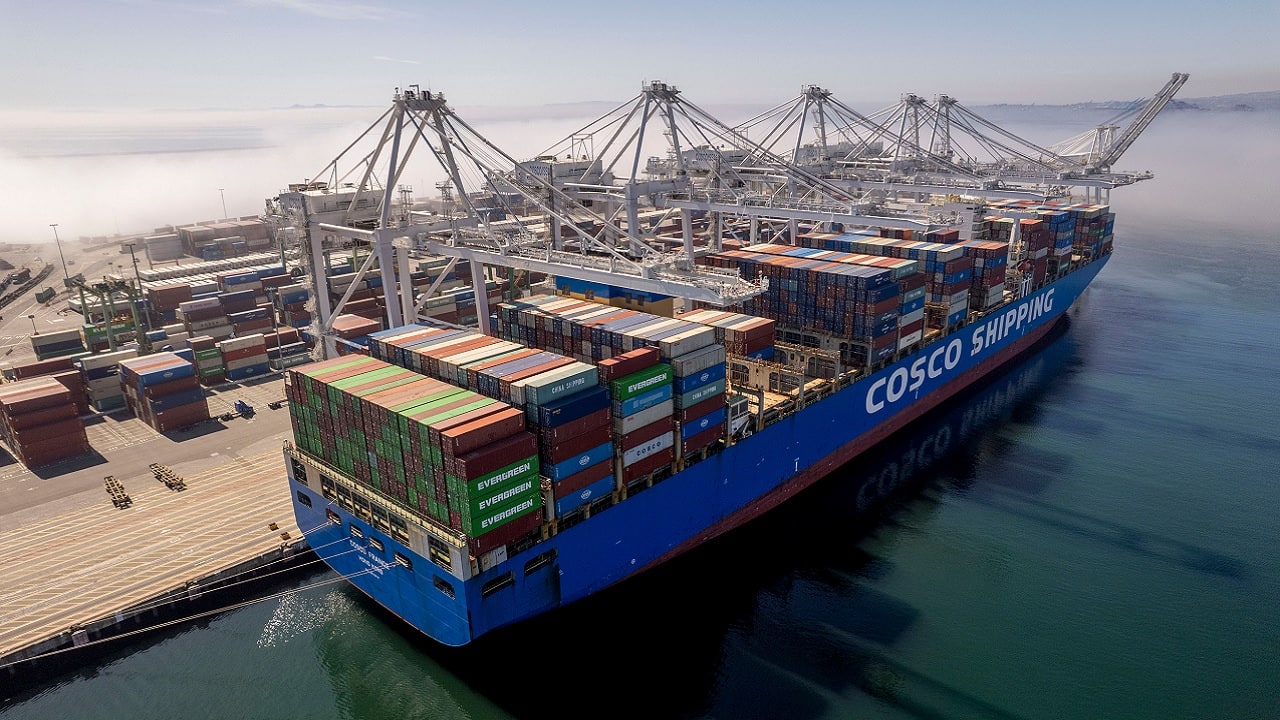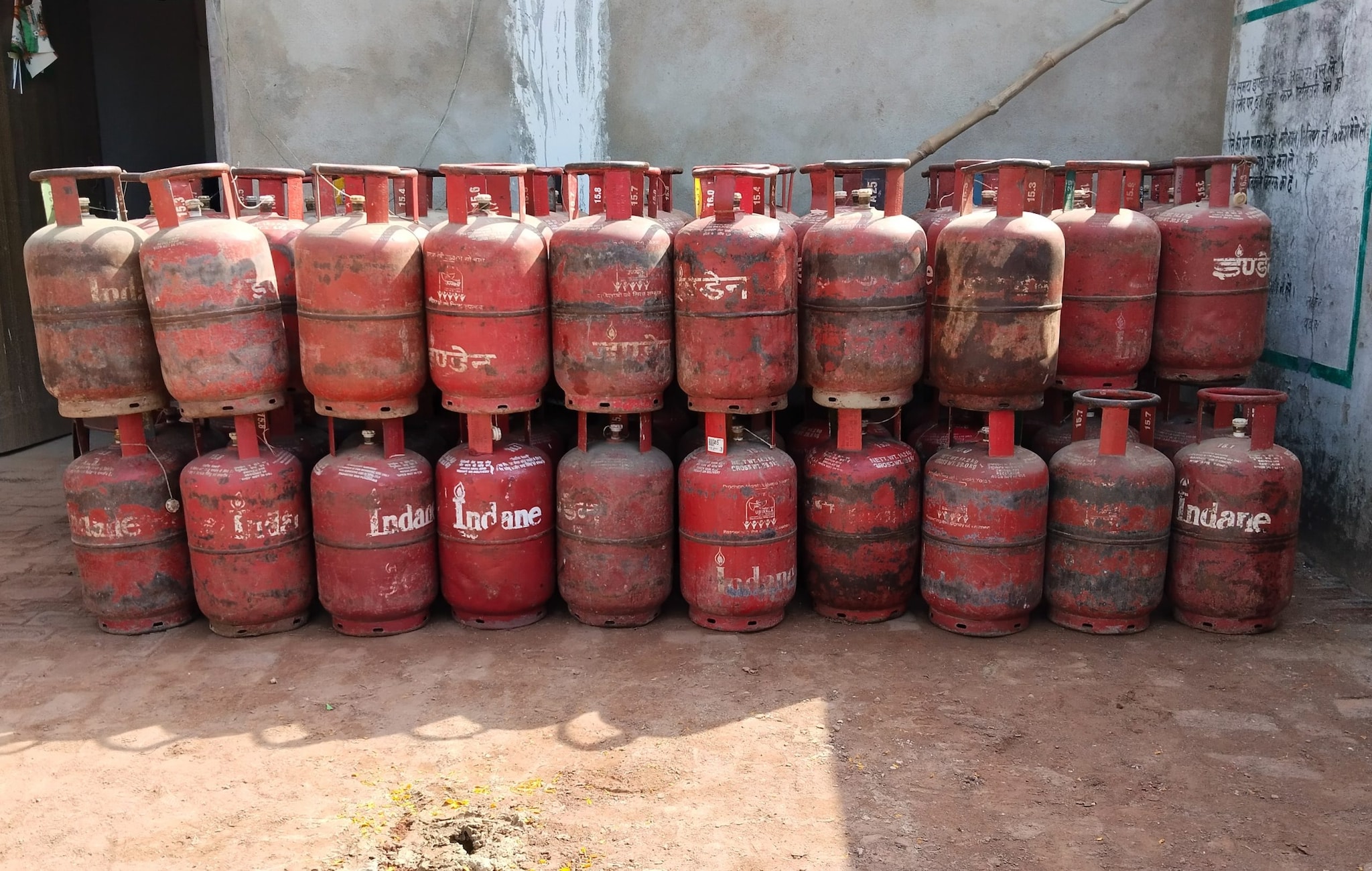China's Foreign Ministry dismissed the United States' recent claims about tariff rates, stating it would pay no attention if the U.S. continues to play the "tariff numbers game.
" The White House had outlined a series of tariffs on Chinese goods, totalling up to 245%, citing retaliatory actions from Beijing. The U.S.

government detailed the tariff structure in a fact sheet released on Tuesday, highlighting the latest 125% reciprocal tariff imposed on China, alongside a 20% tariff aimed at addressing the fentanyl crisis. Additionally, tariffs ranging from 7.5% to 100% have been levied on specific goods to address what Washington describes as unfair trade practices by China.
The move follows President Donald Trump’s announcement two weeks ago, which included new tariffs on all countries. However, Trump later rolled back higher tariffs for several nations, excluding China, which continues to face significant duties. In response, Beijing raised its own tariffs on U.
S. goods but has refrained from seeking new talks. The Chinese government insists that any negotiations should be based on mutual respect and equality.
China also escalated the dispute last week by filing a formal complaint with the World Trade Organisation (WTO), accusing the U.S. of violating global trade rules.
The complaint signals further tensions between the two countries as the trade war continues to intensify. In a surprising move, China appointed a new trade negotiator this week, Li Chenggang, replacing Wang Shouwen. Li, China’s envoy to the WTO, will play a crucial role in any potential talks to resolve the tariff conflict.
Despite this, Washington has stated that President Trump is open to making a trade deal with China, but has insisted that Beijing must take the first step. The U.S.
also emphasised that China needs “our money,” indicating continued pressure for concessions from Beijing. The ongoing trade tensions between the world’s two largest economies show no sign of easing, with both countries entrenched in their positions on tariffs and trade practices. (With inputs from Reuters).















